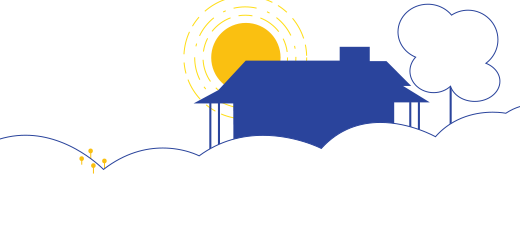
Zones of Regulations
The Zones of Regulation program is an empowering instructional tool to build safe, supportive environments that foster learning and well-being for all.
Students benefit from:
- Increased self-awareness and social and emotional skills
- A common language for communication, problem solving, and emotional understanding
- More time spent on learning instead of on behavior management
- A healthier, more inclusive school climate
Play Is The Way
The school has adopted this philosophy of behaviour education and student self-regulation that fosters independent, self-motivated, empathetic, life-long learners.
The focus is on 5 key principles:
- It takes great strength to be sensible
- Treat others as you would like to be treated
- Be Brave - Participate to progress
- Have reasons for the things you say and do
- Pursue your personal best no matter who you work with
Additional Activities
The school encourages students to participate in a number of activities to broarden their learning and wellbeing.
- The Premiers' Reading Challenge (whole school)
- The Premiers' Be Active Challenge (whole school)
- Children's University (Years 4 - 6)
Special Needs and Students with Disabilities
We have students with special curriculum needs ranging from a disability to a learning difficulty, social issues and language issues. Programs and support for these students are managed by the Assistant Principal for Student Services and the Student review Team. Where possible, programs and support is tailored for individual students through a variety of programs.
Gifted Education
The school has identified a number of students who fit in the gifted range. The Student Review Team and Assistant Principal are responsible for supporting the needs of these students. Class teachers have been involved in training over several years to develop their ability to cater for gifted students within their everyday classroom program.
School Competitions
Students have the opportunity to compete in various competitions. This can be in all aspects of the curriculum but there are opportunities in the areas of sport, mathematics, computing, writing and English language, Science and the Arts. Some examples are:
ICAS (International Competitions and Assesments for Schools)
- Digital Technologies
- Science
- Writing
- Spelling
- English
- Mathematics
Other
- JLTASA Japanese quiz day
- Hiragana Competition
- SAPSASA school sport knockout competitions